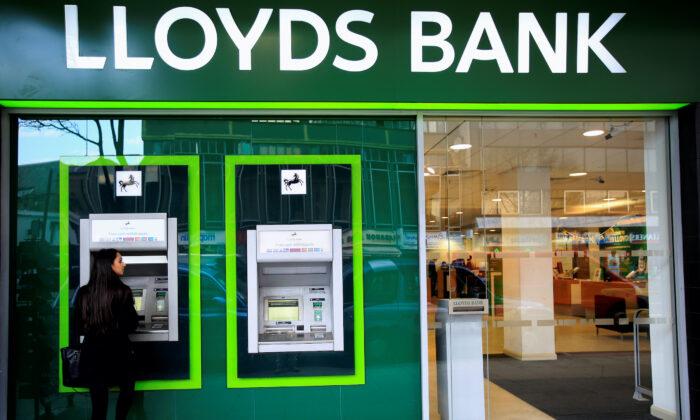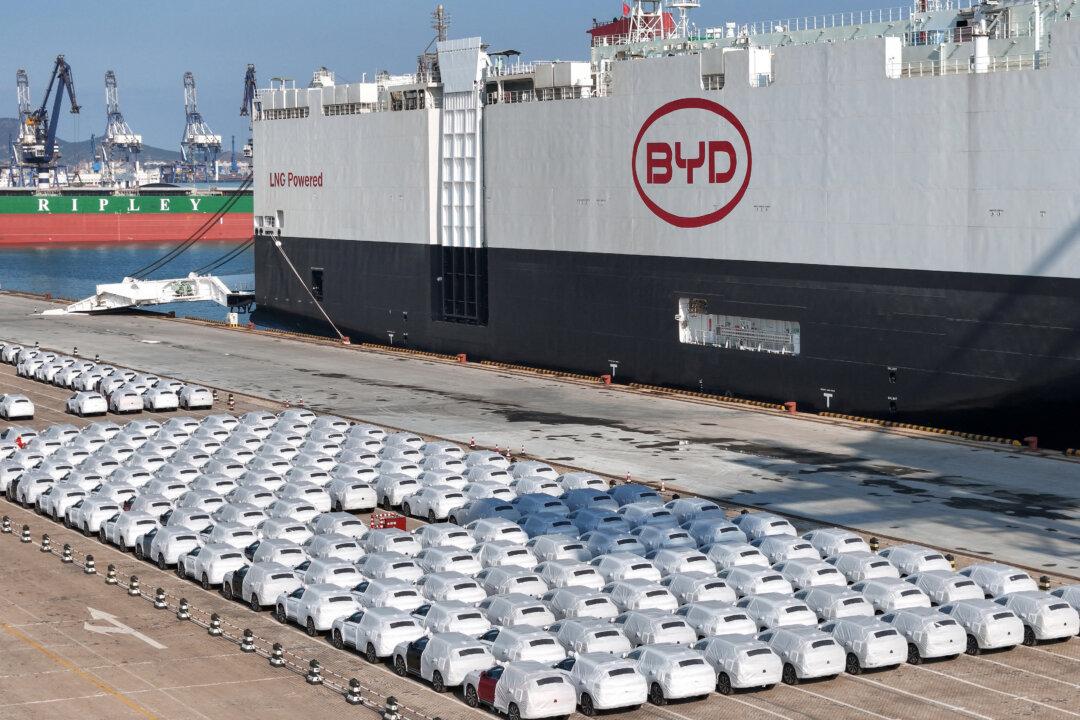The bank has told current account holders it is bringing in new rules which will give them, “the right to set limits on inbound and outbound payments.”
Currently, NatWest allows account holders to withdraw up to £750 from a cash machine and up to £20,000 over the counter without the need to notify in advance.
But from September 11 customers have been warned the bank is introducing “daily and annual” cash withdrawal and deposit limits and “limiting the amount of cash” which can be paid in or taken out.
NatWest insisted the changes were being made to protect its customers from the risk of fraud and was not seeking to restrict access to cash.
MP Says Fraud Rules ‘Wagging the Tail of the Cash Dog’
“Of course, we must ensure money laundering is not allowed to flourish. But there is a balance and society cannot just be deprived of cash because it suits banks and regulators. The fraud and money-laundering rules seem to be wagging the tail of the cash dog,” she added.Prime Minister Rishi Sunak said last week, “people still need access to their cash” and highlighted legislation passed earlier this year which guaranteed “reasonable access” for withdrawals and deposits.
The Financial Conduct Authority has been given powers to oversee the rules, including putting limits on how far people have to travel to withdraw their cash.
The Bank of England’s own website says there are £81 billion worth of banknotes in circulation—twice the amount there was a decade ago.
But the number of cash machines—especially those allowing free withdrawals—have decreased as banks close branches in smaller towns and villages and an increasing number of retailers have switched to cashless transactions only.
Last September Natalie Ceeney, chair of the Cash Action Group, told The Epoch Times: “Who needs cash? Obviously the elderly and people not using digital are key, but also those in poverty. Cash is the best way to budget.”
“You can’t pull the plug on cash until everyone can use digital. Your ability to operate in society is dependent on your ability to pay for things,” she added.
A survey by Redfield & Wilton Strategies of 1,000 voters in former Labour constituencies in the North of England and the Midlands which switched to the Tories at the 2019 general election, known as the Red Wall, found 88 percent thought “everyone should have a right to pay for a transaction with cash” in shops and restaurants.
Nineteen percent of the respondents said they found it “hard” or “very hard” to pay for certain goods and services in cash.
The Financial Conduct Authority has been given powers to oversee the new rules, including putting limits on how far people have to travel to get their money.
Mr. Farage said his account at Coutts–owned by NatWest Group–had been closed because the bank disagreed with his political views.
In a statement sent to The Epoch Times by email, a NatWest spokesperson said: “We have a duty of care to protect customers, communities and society from the effects of fraud and financial crime and we’ve introduced some changes to our terms and conditions to help us to do that more effectively.
“We review our policies regularly and always seek to balance our regulatory responsibilities with the needs of our customers,” the statement added.





